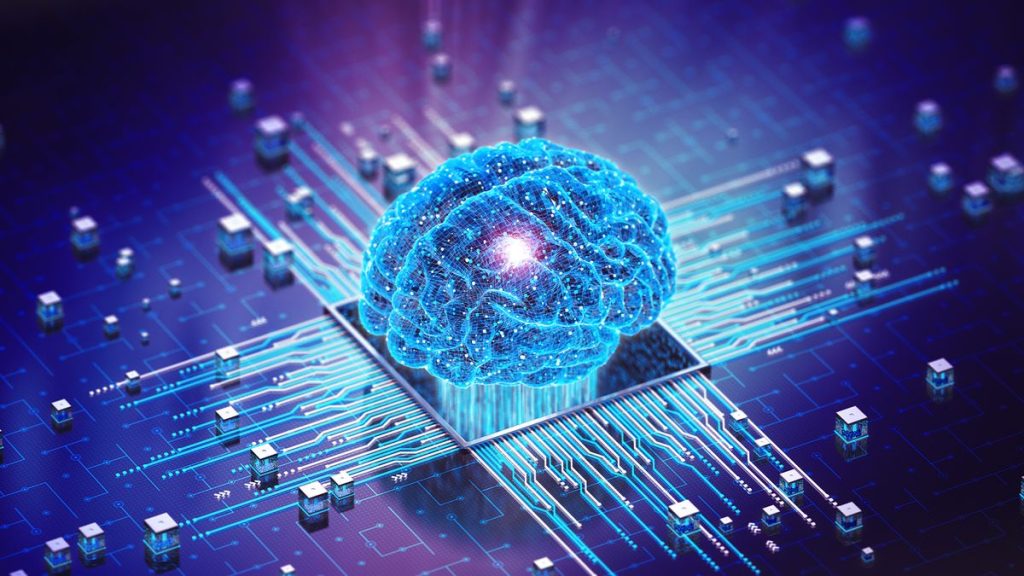Artificial Intelligence (AI) is becoming an integral part of our daily lives, revolutionizing various sectors and enhancing how we interact with technology. As AI continues to trend and gain attention, it’s essential to uncover some lesser-known facts that highlight its intriguing capabilities and implications. Here are 21 surprising facts about AI that might change your perspective on this remarkable technology.
1. Sophia: The First Robot Citizen
Sophia, developed by Hanson Robotics, made headlines as the first robot to be granted legal personhood in Saudi Arabia in October 2017. This humanoid robot can engage in conversations and display human-like expressions, marking a significant milestone in the integration of AI into society.
2. Multimodal Capabilities
AI has evolved beyond just text generation. Modern AI systems can analyze and generate audio and visual data, enhancing technologies such as facial and voice recognition. This multimodal approach allows for more accurate identification across various conditions, driving the growth of generative AI applications.
3. AI Pets on the Horizon
The concept of AI pets is gaining traction, with robotic companions like Go1 from China’s Unitree Robotics offering an alternative to traditional pets. These intelligent quadrupeds provide companionship without the responsibilities associated with live animals.
4. A Long History
Though AI seems like a contemporary development, its roots can be traced back to the early 1900s. Significant advancements occurred in the 1950s, but the groundwork for AI was laid by early pioneers long before its current prominence.
5. Predicting Lifespan
Researchers at Stanford have developed an AI model that can predict a person’s death with up to 90% accuracy. This technology could significantly improve end-of-life care, enabling families to plan more effectively for their loved ones.
6. Gender Bias in AI Voices
Most virtual assistants, like Siri and Alexa, have female voices, largely because studies show people tend to trust female voices more. However, brands are starting to explore male voice options, adding diversity to AI interactions.
7. Robot Journalism
AI is making waves in journalism, with automated systems capable of reporting on events. For example, the Los Angeles Times utilized AI to cover earthquakes in California, demonstrating how robots can contribute to news coverage.
8. Personalized Shopping
When you browse online, AI algorithms track your activity to suggest products tailored to your interests. This predictive technology helps enhance the shopping experience by introducing you to items you might not have considered.
9. Rapid Business Growth
The AI market for enterprise applications is projected to soar from $1.62 billion in 2018 to $31.2 billion by 2025, reflecting the increasing importance of AI in gaining a competitive edge in various industries.
10. Emotional Intelligence
AI is becoming adept at interpreting human emotions by analyzing facial expressions, voice tones, and text inputs. While it has limitations, such as difficulty with sarcasm, its ability to gauge emotions could enhance customer service and mental health applications.
11. AI-Generated Art
AI is pushing creative boundaries. An AI known as AARON has been generating artwork since the 1970s, and in 2018, an AI-created painting sold for an astounding $432,500, showcasing the potential of AI in the art world.
12. AI Assistants Outnumbering Humans
Forecasts predict that by 2024, there will be 8.4 billion AI-powered assistants globally, exceeding the human population. This trend raises intriguing questions about the future of human interaction with technology.
13. Creating Jobs
While concerns about job displacement due to AI are prevalent, the World Economic Forum estimates that AI will create 97 million new jobs by 2025, emphasizing a shift toward collaboration rather than competition in the workforce.
14. AI in the Automotive Sector
The U.S. National Highway Traffic Safety Administration estimates that autonomous vehicles, powered by AI, could save $300 billion by 2025. As AI technology advances, new cars will increasingly incorporate intelligent features for improved safety.
15. Global Economic Impact
AI is expected to add $15.7 trillion to the global GDP by 2030, acting as a catalyst for innovation and economic growth across various sectors, potentially transforming entire industries.
16. Earthquake Predictions
AI is being used to analyze extensive datasets related to natural disasters. By identifying patterns in historical data, AI has the potential to predict earthquakes and other natural events, enhancing preparedness and response efforts.
17. The Black Box Problem
A significant challenge in AI development is the “black box” phenomenon, where the decision-making processes of AI systems remain opaque. This lack of transparency poses risks, particularly in critical areas such as healthcare, where understanding AI reasoning is vital.
18. China’s AI Dominance
China’s ByteDance, the parent company of TikTok, is currently valued at $140 billion, making it the world’s most valuable AI company. This highlights the significant role of Chinese firms in shaping the global AI landscape.
19. The First AI Chatbot: Eliza
Developed in 1966 by Joseph Weizenbaum, Eliza was the first AI chatbot. Although it operated on simple pattern recognition, it paved the way for the sophisticated conversational agents we use today.
20. AI Software Market Growth
The global AI software market is projected to reach $100 billion by 2025, reflecting a growing demand for AI solutions across various sectors and promising to transform how businesses operate.
21. AI in Surgery
AI technology is now assisting in surgical procedures, helping surgeons make informed decisions and even guiding robotic systems during operations. This application of AI has the potential to improve surgical outcomes and enhance patient care.
Final Thoughts
AI is an extraordinary technology that is only beginning to show its potential. From its early roots to its current applications, AI is poised to revolutionize our world in ways we are just starting to understand. As we embrace these advancements, it’s crucial to consider both the opportunities and challenges they present. The future of AI is bright, with endless possibilities for innovation and improvement in our daily lives.
